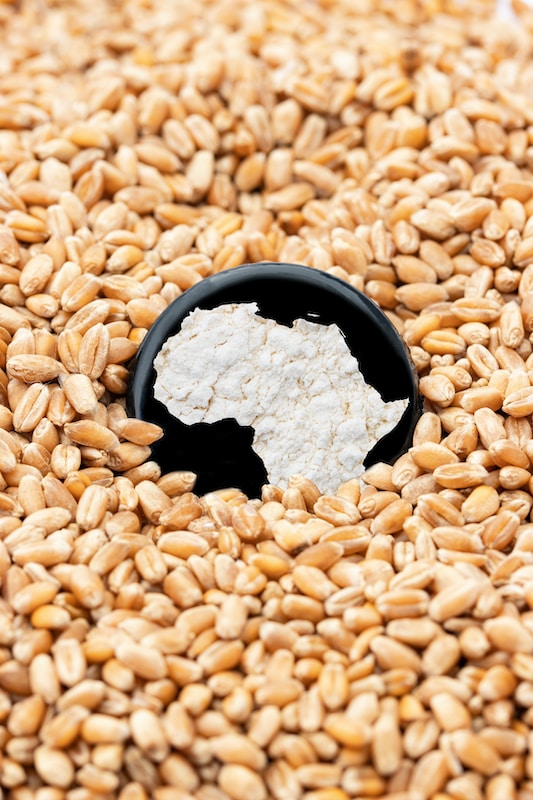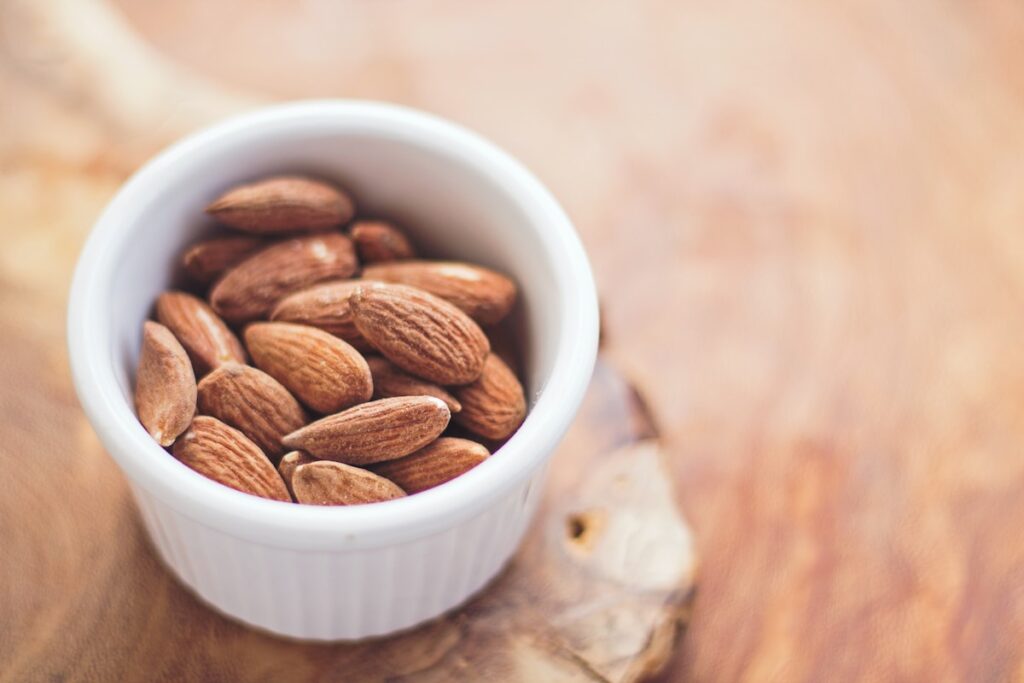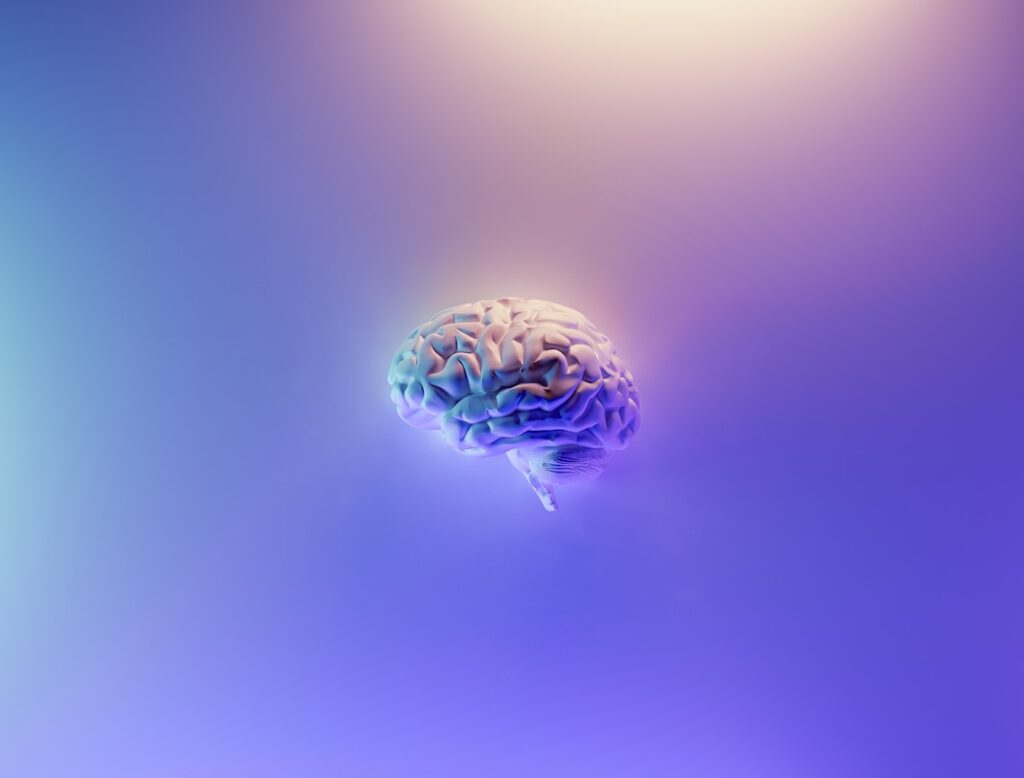I. Introduction
We’ve all experienced that familiar gnawing sensation—hunger. But have you ever wondered Why Do We Need Food and what truly causes that empty, rumbling feeling in your belly that demands to be fed? What triggers the biological mechanisms that make us crave sustenance? Understanding the science behind hunger provides fascinating insights into an integral human experience.
This article will delve into the physiological processes that create that urgent need for food. We’ll explore how the body signals when it requires nourishment, the essential nutrients that drive our appetites, and the indispensable role nutrition plays in growth, function and disease prevention.
Read on to uncover the mysteries behind why we feel hungry!
So Why Do We Need Food?
II. Basic Nutritional Needs
Food represents the fuel that powers us through each day. The nutrients obtained from what we eat are broken down and absorbed to provide energy for movement, heat for body temperature regulation, and the building blocks for thousands of vital biological molecules.

There are two broad categories of essential nutrients:
1. Macronutrients
Macronutrients are required in large amounts and comprise:
- Carbohydrates: Found in foods like grains, vegetables, fruits. Broken down into glucose, the key source of energy used by cells.
- Proteins: Found in foods like meat, dairy, beans. Made up of amino acids that build and repair tissues.
- Fats: Found in oils, nuts, meat, dairy. Provide insulation and cushions organs. Store energy in the form of lipids.
2. Micronutrients
Micronutrients like vitamins and minerals are needed in trace amounts. Deficiencies can cause severe dysfunction.
- Vitamins: Organic compounds like vitamin C and B vitamins. Help drive chemical reactions.
- Minerals: Inorganic elements like calcium, iron and zinc. Support structure and regulate processes.
Water makes up over half our body weight. It provides the medium for biochemical reactions and transports nutrients. Dehydration rapidly leads to impaired functioning.

Now that we’ve covered the basics, let’s explore how our nutritional requirements trigger that feeling of hunger.
III. Energy Production and Maintenance
The sensation of hunger is our body’s way of signaling that it requires more fuel to meet energy needs. Here’s an overview of how key macronutrients provide energy:
Carbohydrates
Of all nutrients, carbohydrates are the most immediate source of energy. During digestion, carbs are broken down into simple glucose molecules that enter the bloodstream.
Glucose represents the preferred energy source for cells throughout the body and brain. As blood glucose levels decline, we become hungry signalling the need for quick energy obtained from carbs.
Proteins
Beyond providing the amino acids to build and repair tissues, proteins can also be utilized for energy production in the absence of sufficient carbs. However, this is not their primary function.

Fats
Fats procure the most concentrated source of energy in our diets. One gram of fat contains 9 calories, compared to 4 calories in one gram of carbs or protein. Fats get deposited around organs and under the skin for insulation and shock absorption.
These fat deposits act as energy reserves that can keep us going for weeks in extreme starvation scenarios. But under normal circumstances, the drop in blood sugar levels is what will trigger hunger signaling the need for a quick carb fix!
IV. Body Functions Supported By Nutrition
In addition to meeting energy requirements, various essential micronutrients help execute specialized bodily functions that promote health and survival.
Vitamins
These crucial organic compounds act as helpers that enable vital chemical reactions. For instance:
- Vitamin C: Helps make collagen and neurotransmitters
- B Vitamins: Help convert food into energy and make DNA
- Vitamin A: Enables vision, bone growth and reproduction
Deficiencies in certain vitamins can have catastrophic consequences like impaired immunity, birth defects, blindness and more.
Minerals
Key macrominerals like calcium, magnesium and phosphorus make up much of our bones and teeth. Trace minerals like iron, zinc and selenium help regulate processes like:
- Iron: Enables oxygen transport as part of hemoglobin
- Zinc: Needed for immune function, cell division, and growth
- Sodium & potassium: Vital for nerve impulse transmission and muscle contraction
Our appetites drive us to replenish diminishing vitamin and mineral stores through the foods we eat. This helps execute the thousands of biological processes that sustain life.
V. Growth and Development
In addition to day-to-day functioning, the building blocks from the proteins, vitamins and minerals we consume are indispensible for growth and development during key life stages. Let’s analyze how nutrition facilitates:
Childhood Growth
Adequate nutrition enables children to reach their full height and weight potential. Key nutrients like calcium and vitamin D boost bone elongation, while protein fuels muscle growth.

Adolescent and Adult Development
Optimal vitamin and mineral intake allows teenagers to complete pubertal development. Active young adults require sufficient protein for building muscle mass and strength for sports or jobs involving manual labor.
Pregnancy and Infancy
During pregnancy, proper maternal nutrition is crucial for fetus development. Docosahexaenoic acid (DHA) in particular supports fetal brain and tissue growth. After birth, breastmilk provides ideal infant nourishment.
When these nutritional demands go unmet due to lack of food availability or absorption, it can lead to stunted growth and developmental delays. The hunger signals prompt consumption of nutrients essential for each stage of maturation.
VI. Boosting Immune System
An optimally nourished body has the resources to mount robust immune responses against infective pathogens and diseases. Let’s analyze key immunity boosting nutrients:

Protein
Antibodies and cells involved in immune defense like lymphocytes contain protein as their main functional component. Lack of protein impairs the production of these immune components.
Vitamins A, C, D
These support immune cell differentiation and growth. Vitamin C in particular helps recruit immune cells to sites of infection and enables antibody production.
Selenium
This trace mineral powers up white blood cells that hunt down and destroy infected or cancerous cells in the body.
Zinc
Zinc helps trigger cell regeneration and is crucial for normal T lymphocyte activity that coordinates attacks on pathogens.
With a diet providing sufficient amounts of these nutrients, the body is prepared to swiftly counter any invading microbes or abnormal cells it encounters. When reserves run low, hunger calls for foods containing these immune-boosting nutrients.
VII. Brain Function and Mental Health
The profound impact nutrition has on neurological development, cognitive abilities, and mental health is still being unravelled. Let’s analyze some key connections:

Cognitive Performance
Nutrients like iron, zinc, folate and choline play crucial roles in memory, learning and concentration – especially in fetuses, infants and children. Deficiencies can hamper brain development.
Neurological Health
Antioxidants from food sources counter inflammation that can lead to neurodegeneration. DHA omega-3 fatty acids are vital for building neuron cell membranes and supporting communication between brain cells.
Mental Health
Diets low in nutrients are associated with higher chances of disorders like depression, anxiety, bipolar disorder and schizophrenia. Nutrients like B vitamins, selenium and zinc assist in maintaining optimal mental health.
Our appetites drive us to replenish diminished nutrient reserves to ensure ongoing nervous system functioning. This makes feel those hunger pangs!
VIII. Disease Prevention and Longevity
Eating a well-balanced diet rich in essential nutrients provenly reduces the risk of numerous chronic and life-threatening conditions:
Obesity
Excess caloric intake from carbs and fats without sufficient exercise leads to obesity, raising chances of diabetes, heart disease and stroke.

Cancer
Inadequate antioxidant sources coupled with diets high in processed meats raise cancer risk. Fruits and veggies contain protective compounds like lycopene and sulforaphane.
Osteoporosis
Lifelong calcium and vitamin D intake maintains bone mineral density, preventing age-related osteoporosis and fractures.
Hypertension
Excess sodium intake is linked to high blood pressure. Potassium from fruits and veggies helps maintain healthy blood pressure levels.
Consuming optimal nutrition and avoiding toxicity dramatically decreases disease likelihood and enables us to live to our full lifespan potential. Our hunger prompts us to consume the foods that make this disease-free longevity possible.
IX. Conclusion
Hunger is an experience intimately tied to our basic biology as humans. We feel hungry when our bodies demand the energy and nutrients that power growth, support health, and prevent illness.
Appetite serves as a sign for when our physiological needs require replenishment. Responding appropriately to hunger cues by eating a balanced nourishing diet is key to thriving across the lifespan. So next time you feel that rumbly sensation in your tummy, recognize it as the profound call of your body for purposeful nourishment!









